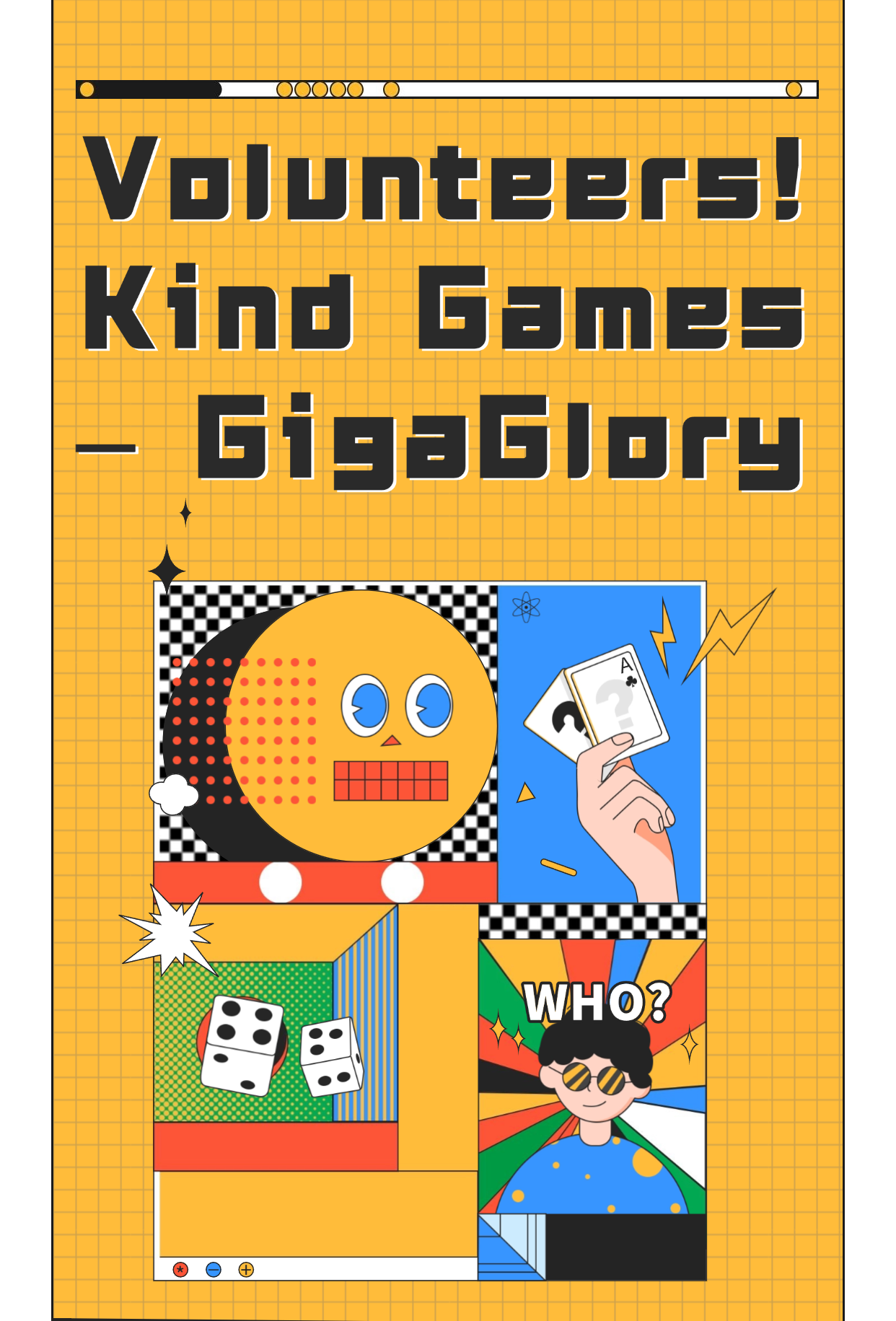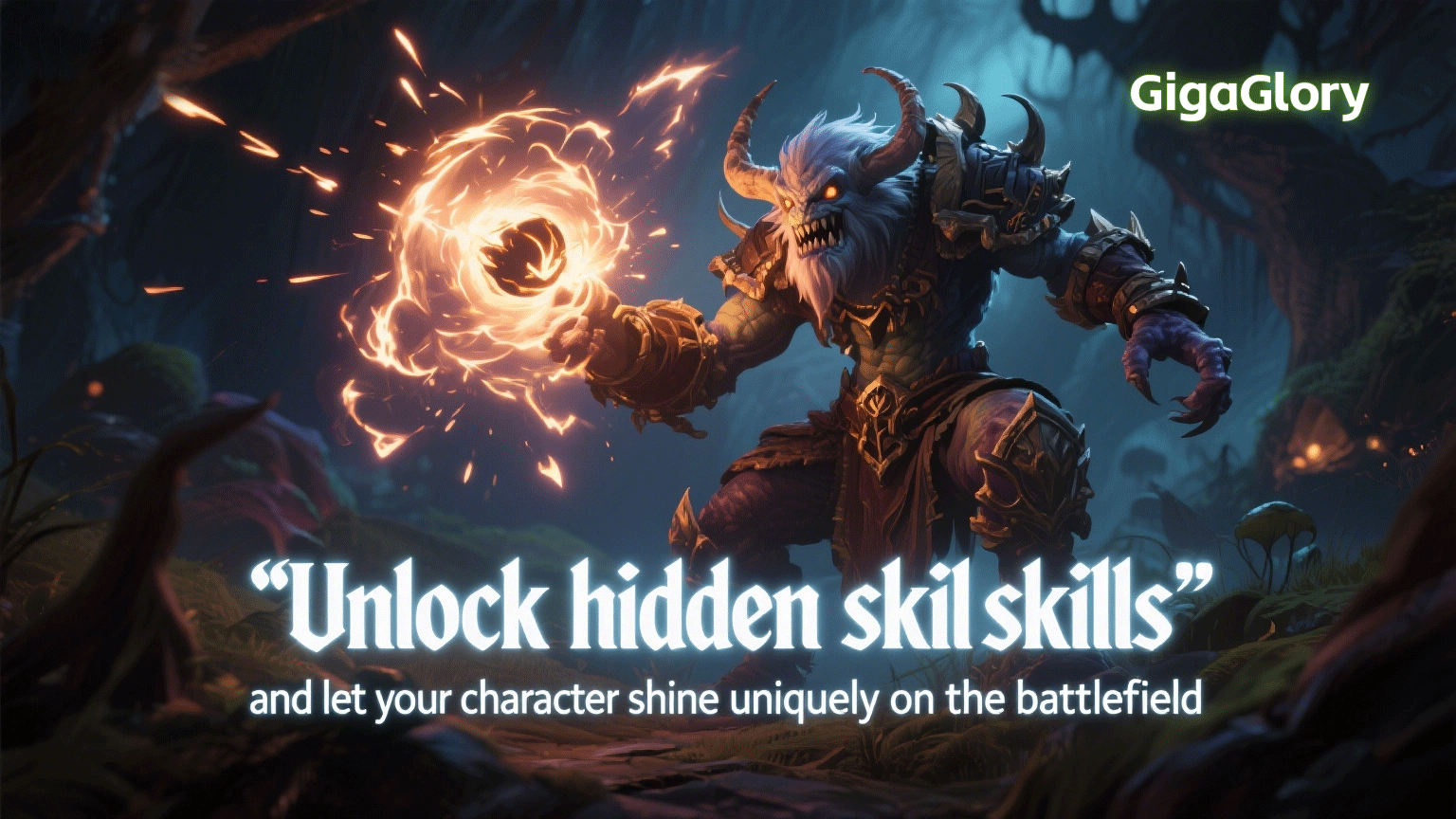Unlocking the Secrets: How Strategy Games Enhance Critical Thinking and Problem-Solving Skills
In today's fast-paced world, critical thinking and problem-solving skills have become crucial for success in both personal and professional realms. Among the various ways to develop these vital skills, strategy games stand out as not just a source of entertainment but also as powerful tools for mental training. This article uncovers the secrets of how engaging with strategy games can significantly enhance your critical thinking and problem-solving abilities, while taking a closer look at popular games like Kingdom Two Crowns and others.
Understanding the Link Between Strategy Games and Critical Thinking
Strategy games require players to analyze situations, plan ahead, and adapt their tactics based on their opponents’ moves. The mental gymnastics involved in these games cultivate a mindset centered around critical thinking. Players must ask questions like:
- What are my goals?
- What resources do I have?
- What actions will yield the best outcomes?
Thus, strategy games inherently encourage players to think deeply and critically.
Types of Strategy Games
There are various types of strategy games that cater to different interests and skill levels. Here’s a quick breakdown:
| Type | Example Games | Skills Developed |
|---|---|---|
| Real-time Strategy (RTS) | Starcraft, RimWorld | Resource management, quick decision-making |
| Turn-based Strategy (TBS) | XCOM, Civ VI | Long-term planning, adaptability |
| Abstract Strategy | Chess, Go | Patterns recognition, foresight |
| Puzzle-Based Strategy | Kingdom Two Crowns, Islands 3 | Problem-solving, logic |
Kingdom Two Crowns: A Logical Conundrum
Taking a closer look at Kingdom Two Crowns, this game combines resource management with puzzle-like elements. Players need to build and fortify their kingdoms while defending against invasions. Here, strategy comes into play as players must prioritize objectives:
- Gather resources.
- Expand territory.
- Defend against enemies.
Each decision impacts the overall success of the kingdom, reinforcing the necessity of critical thinking and adaptability.
How Do Strategy Games Encourage Problem-Solving?
Strategy games create complex scenarios where players must devise solutions for unexpected challenges. This active problem-solving cultivates a mindset that values:
- Experimentation
- Evaluation of outcomes
- Optimization of decisions
Over time, this translates to improved real-life problem-solving abilities.
The Psychological Benefits of Strategy Games
Research indicates that engaging with strategy games has several psychological benefits, such as:
- Enhanced cognitive flexibility
- Improved memory and attention span
- Lowered stress levels during problem-solving tasks
This means not only are players sharpening their minds, but they’re also becoming more resilient in face of challenges.
Fostering Collaboration and Social Skills
Many strategy games are designed for multiple players, which promotes collaboration. When playing with others, players learn to:
- Communicate effectively.
- Value different perspectives.
- Work toward common goals.
These skills are essential in both personal and professional settings, making strategy games a great activity for building teamwork abilities.
Stats on The Rise of Strategy Games
Here’s a glance at the growing popularity of strategy games over the years:
| Year | Global Revenue ($ Billion) | Most Popular Genre |
|---|---|---|
| 2018 | 30 | Mobile Strategy |
| 2019 | 35 | Real-Time Strategy |
| 2020 | 45 | Turn-Based Strategy |
Case Studies: Success Stories of Strategy Game Players
Many professionals attribute their success to learning experiences gained through strategy games. Here are some cases:
- A business leader enhanced her critical negotiation skills through Chess.
- A software developer credited strategy games with improving his ability to tackle complex projects.
These anecdotes reaffirm the potent impact of strategy games on skill development.
Why Aren’t More People Playing Strategy Games?
Despite the myriad benefits, many individuals shy away from strategy games. Common misconceptions include:
- “They’re too complicated.”
- “They take too much time to learn.”
- “I’m not good at them.”
The truth is, these games are designed for various skill levels, and with practice, anyone can improve their gaming prowess!
Conclusion: Level Up Your Brain with Strategy Games
As we've explored, engaging with strategy games can unlock your potential in critical thinking and problem-solving. From building kingdoms in Kingdom Two Crowns to navigating the intricate puzzles of various games, the mental exercise provided is invaluable. So why not take the leap? Pick your game, gather your friends, and start honing those skills today! Remember, every game is a new opportunity to improve your mind!



